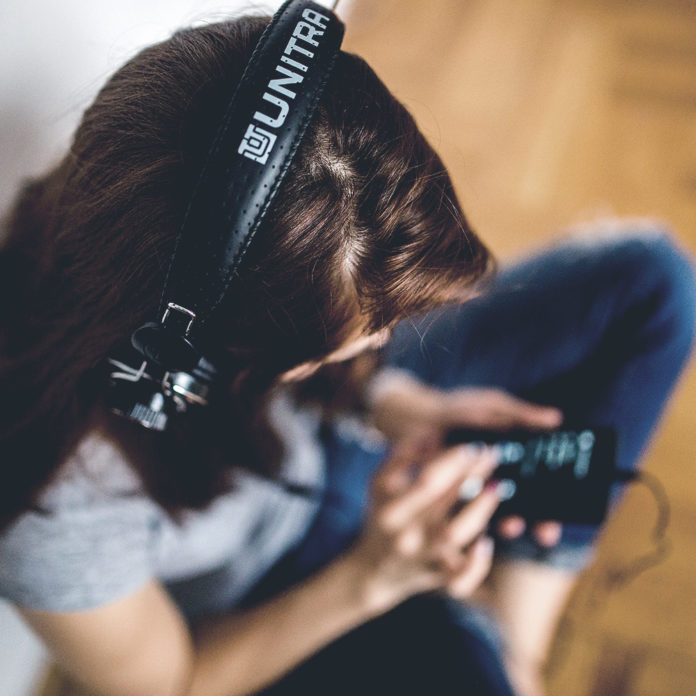
Let me qualify the above question:
I recently attempted to listen to an album that had just been released.
For new music, my first point of reference is iTunes. However, this time my search yielded no results.
I then looked to Soundcloud, which only offered me the really old albums and singles by this particular artist. And if you’re in Africa, I guess your next port of call is YouTube, which I did – nothing!
I decided to run a Google search on why I couldn’t access this piece of work – and there was my answer. Firstly, it was only available in certain parts of the world (in other words not in Africa) and on certain application (app) platforms, which were – you guessed it – not available in Africa.
I suppose my issue here is not necessarily the price of certain music alone but, quite critically, the access to music.
The general trend in the music industry (as with film), is that an album will “drop” in the US, for example in New York, on a certain date. Which is great if you’re in that part of the world. However, if you’re in a less “prioritised” part of the world, such as South Africa, you can only experience this a week or two later, if this album is available on your platform, such as iTunes.
It boggles the mind that something like Spotify is not available in South Africa – unless I create another iTunes account, with a fake address, in order to download it. This means I also have to keep switching between two accounts to obtain it.
In addition to some of these exclusive Apps, in the event that one acquires the App or access to the platform, the issue of pricing comes into question.
I recently download the much spoken about Tidal app – launched last year by Jay Z alongside other prominent celebrities – for “free”. You would obviously have to pay a monthly subscription to stream whatever music you want.
I understand music is also a business. Any business, in order to survive, has to make a profit. I understand this.
But here is my struggle:
When Jay Z and his Tidal crew – including Kanye and Rhianna – announced the platform, they said that it was all about allowing artists to take control of their product. In simple language, the middleman was taking a bit too much, and so this time, whatever the artists put out on Tidal would see a bigger chunk of the profit go to the artist.
This makes sense.
What doesn’t make sense is that when they launched Tidal, they alienated a massive following of people in other countries, especially in Africa, for a very long time.
This means that they reduced their market while increasing the price of the product – fewer people paying more money for the same product.
I’m sure Tidal is profitable (I cannot confirm or argue against this, without evidence). But I know from experience it has made gaining access to some of the artists I enjoy, legally, more difficult.
Which is often the catch-22 with some of the laws we have in place.
Sometimes, the unintended consequence of some of the rules and laws we create is that it actually becomes easier to break the law and get away with it, rather than to adhere to the rules and enjoy whatever the benefit may be.
The reality is that if artists want the exposure they desire, they need to change the way they see music distribution.
We are not saying we want to be given the music for free – we are arguing that it should be easier for us to get hold of it.
That way, far more people can enjoy your work. Hopefully this would in turn yield a profit, which would help you deal with the greedy middleman.
Surely, with the growth of the digital era, music should be one of those things that are not limited by borders. Or, perhaps I am missing something in this debate?
Dear artists, take the third world with you.
